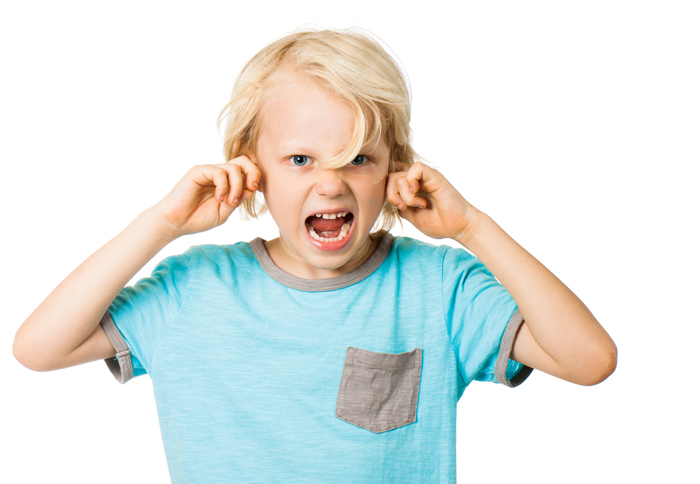Have you ever asked your child why they did something and get an, “I don’t know”? Do you know why they always say, “I don’t know”?
It’s because they really don’t know. Seriously. Kids don’t know why they do things. They just do them. Impetuously. Without thinking. In the spur of the moment.
So what’s a mom to do?
In the long run we need to work on their character.
- The basic fact is that they are operating under a prideful, disobedient or unloving spirit, so they must identify it and change that part of their thinking. We need to address it. Sometimes we need to get creative.
- Self control is a big issue with children, so we must teach them to think things through. This is harder with some than others. With some, just a conversation about right and wrong will suffice. With others there may need to be some role playing or techniques taught tailored to the child like counting to ten before reacting to give their brain time to catch up in order to think the situation through before reacting. Some have processing problems and need to train themselves to not react quickly. But for the most part, children are impetuous and only through maturity and training will impulsive behavior diminish.
But in the meantime…
- Depending on the child, discipline needs to be administered. Notice I didn’t say “punishment.” I much prefer the word discipline because it implies training. We want change along with genuine remorse. Consistent consequences plainly laid out is helpful to both the parent and child.
- Discipline should be a well thought out, emotionless act that is consistent and predictable. If one day you yell at a child for mouthing off and another you laugh it off (which by the way neither are acceptable), you can expect the behavior to continue.
*Funny story (though I didn’t think it was funny at the time…a couple of my “interesting children” would complain in anger that I yelled at them about something they had done. Looking back I knew I had not yelled, yet that is how they termed that moment when I called them on their behavior after they were caught disobeying. It took me a couple of times of being accused of this to realize that they processed my stern look and verbal chastising as “yelling at them”.
In reality, they were describing the feeling they got when they were being called on the carpet for their wrong doing. I knew I had not yelled, yet it translated in their brains as “yelling.” This was amusing to me because I had made a concerted effort NOT to raise my voice. Years later I also realized that some children who have emotional issues have a hard time processing the emotions that are running through them in times of stress (especially when caught doing wrong), so they mislabel them and often accuse others rather than looking inward. Sadly, some are still doing this as adults.
It really doesn’t matter too much in the moment why they do what they do anyway. It is your job to make them wish they hadn’t (properly).
We need to approach the wrong doing with logic.
“A” happened. Now “B” will happen to help you not do “A” any more. Learning cause and affect is imperative for their futures. Look around you. The world is filled with offending adults with no sense of consequences. Patterning plays a huge role in training a child. More on that later…
Do keep the long run in mind; work on the heart through daily exercises, personal example, discussions and hopefully instruction in faith and who God is. An understanding of who God is will affect our child’s every action, thought and perception.
Don’t lose hope. They eventually will grow up. Hopefully my tips will help you survive till then.
For more ideas and practical solutions, get my FREE ebook, Raising Real Kids. There is no reason to parent alone – get help from someone who’s been there, done that, and wants to help you in your parenting journey.




Leave a Reply